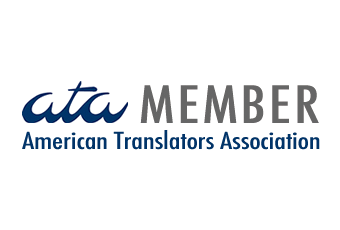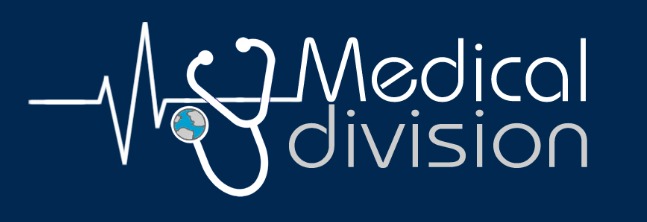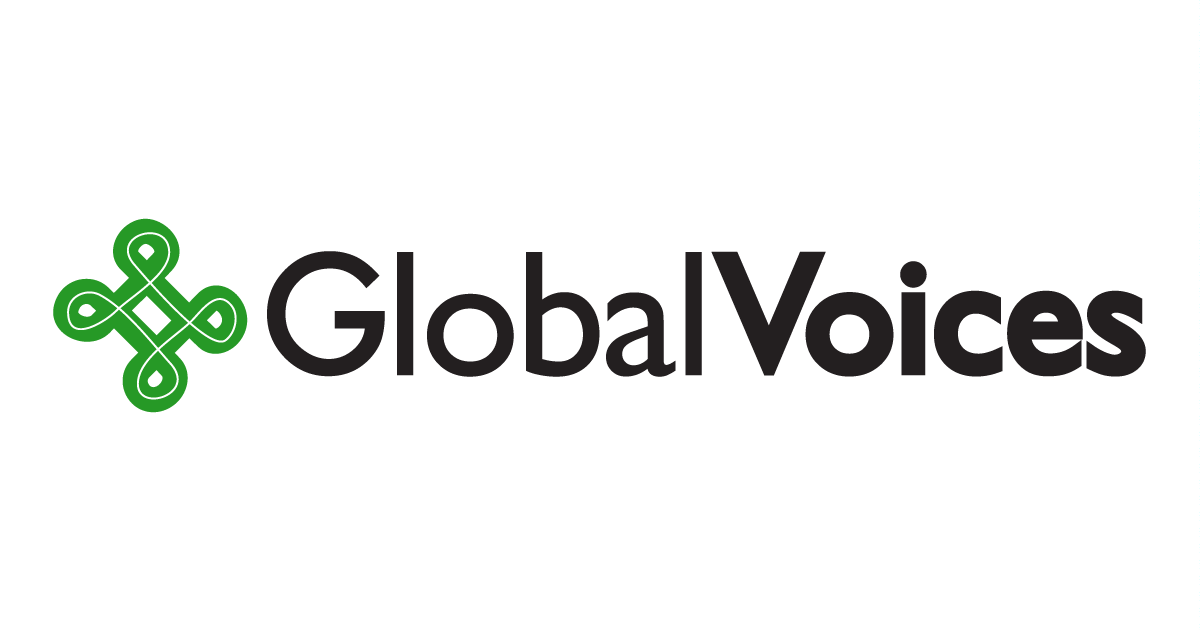Good Practices for Translation of Electronic Clinical Outcome Assessments (eCOAs)
Electronic Clinical Outcome Assessments (eCOA) have become a critical component in modern clinical trials. By digitizing traditional paper-based assessments, eCOA improves data accuracy, enhances patient compliance, and streamlines data collection processes. However, implementing eCOA requires careful planning, particularly when translating and migrating paper-based COAs into digital formats. This article explores the best practices for eCOA implementation, including existing methodologies, expert opinions, and key recommendations to ensure successful electronic migration and translation of COAs.
Existing Approaches to Translation and eCOA Implementation
When converting traditional COAs into eCOAs, multiple stakeholders are involved. Key roles in the process include project managers and coordinators who oversee the migration process, eCOA experts who provide specialized knowledge about electronic adaptation, linguists who ensure accurate translations, and scientific experts who maintain scientific and conceptual integrity. Additionally, cultural and clinical experts address cultural adaptation challenges, while research scientists support validation and research aspects.
A significant majority of experts report implementing quality checks throughout the project lifecycle. These checks include proofreading translated content, comparing paper and electronic versions, conducting device testing, performing user acceptance testing (UAT), and ensuring adherence to developer or copyright holder requirements. Furthermore, a substantial proportion of experts conduct feasibility assessments before electronic migration to determine if the format supports the assessment structure, such as selecting versus circling responses. Some also conduct translatability assessments to predict potential translation challenges.
Quality Control in eCOA Translation
Quality control is paramount in ensuring the accuracy and reliability of eCOAs. Several key quality control steps are widely adopted, including proofreading and content validation to ensure translations align with the source material. Mapping document reviews help compare paper-based and electronic versions, while device testing ensures functionality across different digital platforms. Additionally, user acceptance testing (UAT) assesses ease of use and accessibility, and developer or stakeholder reviews confirm compliance with established gu
Research and Validation Methods
To ensure conceptual equivalence between paper-based and electronic COAs, multiple evaluation methods are employed. Cognitive interviews are the most common approach, assessing how well the translated content is understood. Usability testing evaluates user interaction with the digital tool, while in-person interviews provide direct feedback from participants. Some organizations also use paper screenshot comparisons to review electronic content in paper format for accuracy. For cognitive interviews, experts typically use a sample size of five to ten participants. Some providers retest with a mix of new and existing participants to validate results effectively. Ensuring that the cognitive interview sample closely matches the target trial population enhances the reliability of findings.
Best Practices for eCOA Implementation
Engaging key stakeholders throughout the eCOA migration process is essential. The recommended participants include translation and eCOA experts, project managers, scientific experts, developers, copyright holders, pharmaceutical companies, academics, and patients when feasible. Incorporating global perspectives from various research teams and patient populations ensures culturally sensitive and comprehensive implementation.
Defining expectations early prevents misunderstandings and delays. A structured approach should include kick-off meetings to align goals with all stakeholders, negotiation of expectations to establish feasible timelines without compromising scientific rigor, and mapping deliverables to allocate sufficient time for at least two rounds of review.
The following steps should be followed to ensure a scientifically sound and operationally efficient implementation:
- First, an Electronic Language Feasibility Assessment (ELFA) should be conducted to review the master eCOA version for potential linguistic and formatting issues.
- Next, an electronic navigational text review should be performed to ensure clarity in user interface prompts such as ‘back’ and ‘next’ buttons.
- Proofreading and in-country reviews should be conducted to thoroughly check translated electronic content.
- Finally, developer and sponsor approval should be obtained to finalize screens and translations before implementation.
Successfully implementing eCOA requires a structured approach that balances scientific integrity, linguistic accuracy, and technological feasibility. By engaging stakeholders, conducting rigorous quality checks, and adhering to best practices, organizations can streamline the eCOA migration process while ensuring high-quality patient-reported data. Effective communication, stakeholder collaboration, and methodical validation are key to overcoming challenges and optimizing eCOA deployment in clinical research.
Need Expert Support for Your eCOA Implementation?
As a professional medical translator and UX/UI designer, I can assist you to ensure accurate, culturally sensitive translations and user-friendly digital experiences for eCOAs. Whether you need expert linguistic validation, usability design improvements, or seamless eCOA migration, I can help optimize your assessments for diverse patient populations. Get in touch with me today at contact@emilecret.com








